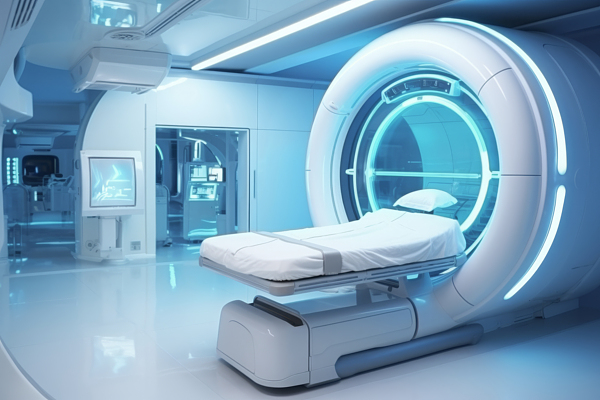China permits wholly foreign-owned hospitals in major cities

The establishment of wholly foreign-owned hospitals is permitted in the cities of Beijing, Tianjin, Shanghai, Nanjing, Suzhou, Fuzhou, Guangzhou, and Shenzhen, as well as the island province of Hainan. [Photo/VCG]
The National Health Commission, the Ministry of Commerce, the National Administration of Traditional Chinese Medicine, and the National Disease Control and Prevention Administration unveiled a work plan on Nov 29.
The plan permits the establishment of wholly foreign-owned hospitals in the cities of Beijing, Tianjin, Shanghai, Nanjing, Suzhou, Fuzhou, Guangzhou, and Shenzhen, as well as the island province of Hainan.
Requirements for investors
Investors applying to establish these hospitals must meet the following conditions:
1. Be legal entities capable of assuming civil liability independently and have direct or indirect experience in healthcare investment and management.
2. Demonstrate the ability to:
Introduce advanced international hospital management concepts, operational models, and service systems.
Provide cutting-edge medical technologies and equipment.
Address gaps in local healthcare services, technologies, and facilities, as well as contribute to diversifying service offerings.
Establishment and operational standards
Wholly foreign-owned hospitals must comply with Chinese laws. These include the Law of the People's Republic of China on Basic Medical and Health Care and the Promotion of Health, the Biosecurity Law of the People's Republic of China, the Data Security Law of the People's Republic of China, and regulations on medical institutions and human genetic resources.
Additional requirements include
1. Hospitals may operate as either for-profit or non-profit entities.
2. Permissible hospital types include general hospitals, specialized hospitals, and rehabilitation hospitals, all of which must meet tertiary-level standards. Psychiatric hospitals, infectious disease hospitals, hematology hospitals, traditional Chinese medicine hospitals, integrated Chinese-Western medicine hospitals, and ethnic medicine hospitals are excluded.
3. Hematology is not permitted as a medical specialty.
4. Certain high-risk medical procedures and ethical activities are prohibited. These include organ transplants, human-assisted reproduction, prenatal screening and diagnosis, inpatient psychiatric treatment, and experimental tumor cell therapies.
5. Hospitals may employ foreign healthcare professionals for short-term practice; however, at least 50 percent of the hospital's management and healthcare staff must be citizens from the Chinese mainland.
6. Information systems must connect to local healthcare regulatory platforms, and data storage servers for electronic medical records and medical equipment must be located within China.
Source: CCTV News
 Contact Us
Contact Us

 Pudong lights up city with spectacular shows and cultural marvels
Pudong lights up city with spectacular shows and cultural marvels Brilliant light show to illuminate Huangpu River
Brilliant light show to illuminate Huangpu River Maple leaves paint splendid scenery in Pudong
Maple leaves paint splendid scenery in Pudong Appreciate alluring lotus blossoms in Pudong's Century Park
Appreciate alluring lotus blossoms in Pudong's Century Park


